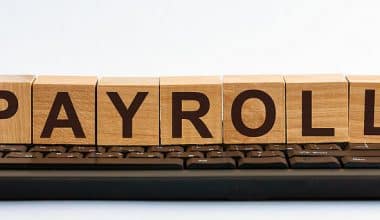Did you know that there are no fees or charges associated with buying guaranteed investment certificates (GICs)? That’s right, the lack of fees that come with GICs is yet another reason why they are such a sound investment. It is also another key distinction between GICs and other types of investments, such as stocks, bonds, exchange-traded funds (ETFs), and mutual funds. These other types of investments all have fees associated with them, whether your bank charges you an administrative fee to invest or your broker charges a fee.
Plus, GICs are extremely safe since most are backed by the Canada Deposit Insurance Corporation (CDIC). Save for a few notable exceptions, most GIC investments are protected. Specifically, your principal investment and interest rate are both protected for the duration of your GIC term, no matter what happens with the market or your bank.
There is only one circumstance in which you might incur a fee on your GIC and that is if you purchase a redeemable GIC and choose to withdraw your money early. While many GICs are non-redeemable, meaning you will not be able to withdraw your money until the GIC term ends, some allow you to withdraw your investment for a fee (however, these fees can be expensive). For this reason, one key consideration before investing in a GIC is whether you can afford to leave your investment in for the entire duration of the term. If you’re hesitant about having your money tied up in a GIC for a long period of time, or are investing in a GIC to achieve a short-term financial goal, then choosing one with a six-month or one-year term might be the best decision. That said, if it’s feasible to leave your investment in for longer, GICs with longer terms tend to offer better interest rates. Ultimately, if you want to invest in a GIC without being required to leave your money in until it expires, we recommend choosing a cashable GIC and reading the terms and conditions carefully.
Fees for cashing out early
As mentioned above, there are no fees that must be paid when purchasing a GIC. And if you leave your investment until the maturity date, you may not incur any fees whatsoever. The only circumstance in which you will have to pay a fee associated with your GIC is if you cash out early (assuming the GIC terms give you the option of doing so). Should you decide that you need your money back before the GIC term ends, you may receive less interest or you will have to pay a penalty. The penalties vary depending on the specific GIC, so make sure you understand these terms before purchasing a GIC.
How do banks make money from GICs?
Most types of investments, from stocks to ETFs, come with fees. Therefore, you may be wondering how banks make money off of GICs without charging any fees. The reality is that when you invest in a GIC at a financial institution, you are effectively lending that financial institution your money for a set period, and in exchange, they are paying you interest. The financial institution is then able to use the money from your GIC to invest in more risky options that will earn them higher interest or return on their investment. For example, they will lend your money to others, charging a higher interest rate to other borrowers. Therefore, the financial institution makes money on the difference between the interest rate they are paying you, the investor, and the higher interest rate they’re charging borrowers.






